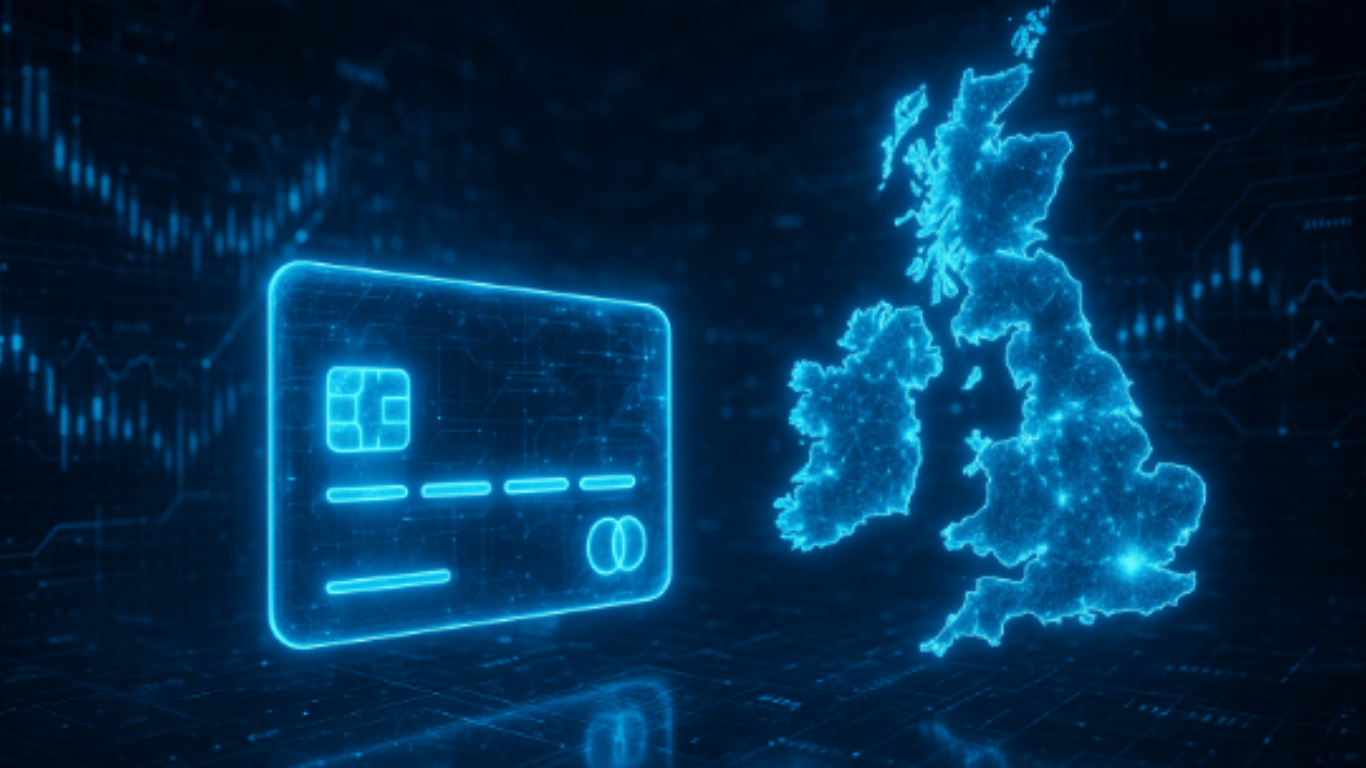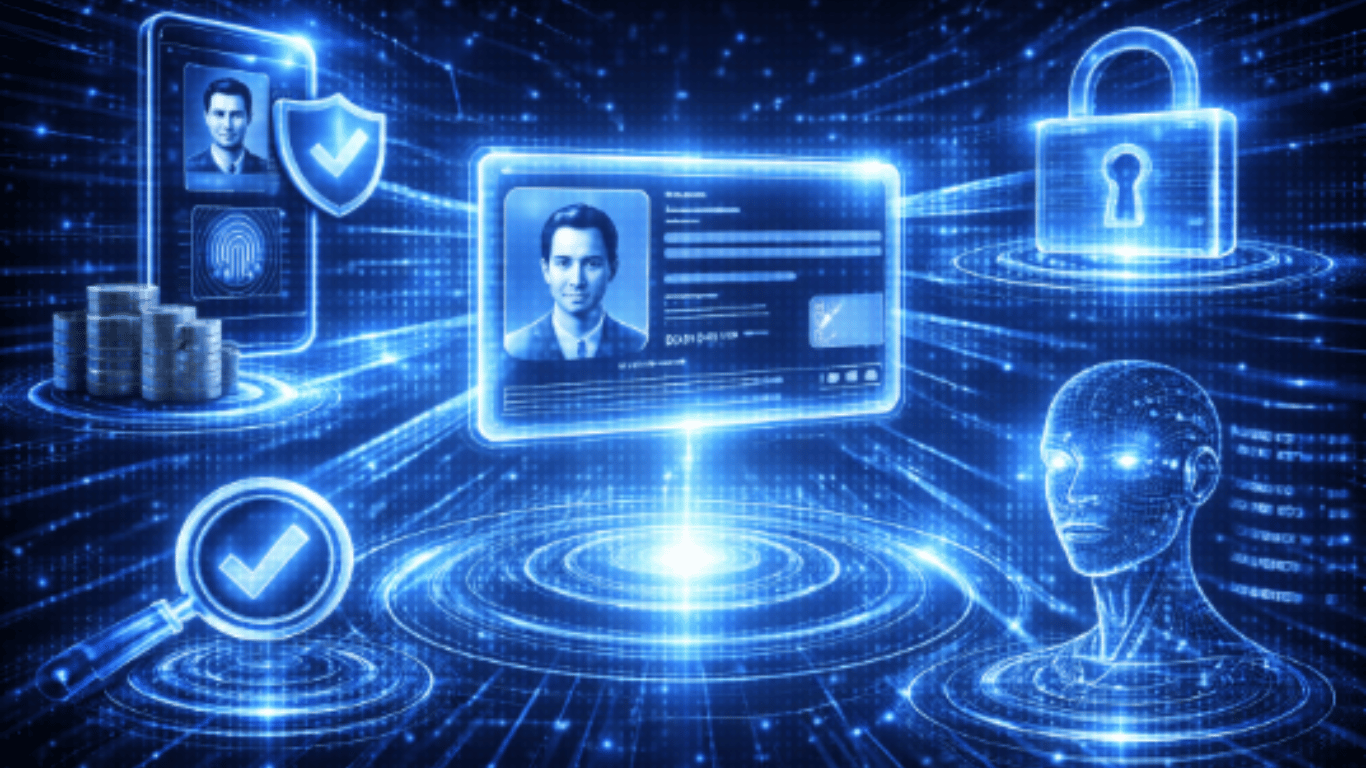But while blockchain technology has caught the imagination of the public, it is based on an extension of existing technologies, not on something truly new. It is disruptive, but not in the sense that the creation of mortgage-backed securities or the Internet was disruptive. Those changes created entirely new opportunities and markets; blockchain is a technique that allows for new ways of doing the same thing.
At the same time, cryptocurrencies – by far, the most popular of blockchain applications – has shown the shortcomings in the technology or, at least, in how it has been adopted.
How secure is it, really?
As an example, cryptocurrency is said to be a better currency than what we have in our wallets and bank accounts because of the speed and security of transactions. But is that true? Consider:
- A researcher from Cisco Talos, a security group, found vulnerabilities in Ethereum clients, including a bug that “can lead to the leak of sensitive data about existing accounts.” A security hole in the Parity wallet resulted in losses of $155 million in November.
- In December 2017, Youbit, an exchange in South Korea, said it would file for bankruptcy after an attack in which it lost 17% of its assets. The same month, mining service NiceHash said hackers stole as much as $63 million in bitcoin from its virtual wallet.
- Experts have argued that blockchain records are no safer than any other software, and because the market is immature, blockchains may even be more vulnerable than other software. There are thousands of them, each with its own bugs. Until the field is winnowed to a few favorites, as happened with web browsers, securing them all will be a challenge.
There is no question that individuals and companies have been victims of fraud using traditional currencies and markets; however, cryptocurrencies offer the possibility of additional means of fraud, not fewer.
What's the connection between blockchain and climate change?
Cryptocurrencies have engendered significant adverse consequences beyond those who invest in them. International Monetary Fund (IMF) Managing Director Christine Lagarde, speaking from Davos at the World Economic Forum in February, said that Bitcoin mining is an “energy angry” industry, a factor that the IMF finds concerning. “The Bitcoins mining, which is this accelerated and augmented use of computers to actually determine the value and incentive the functioning of the mechanism, is energy angry,” Lagarde said in Bloomberg TV interview. “And we figure that in 2018 if it continues, that system will actually consume as much electricity as Argentina.”
Is it too good for criminals?
Finally, although the spectre of market disintermediation from the “Great Recession” is said to be one of the reasons for the development of Bitcoin, there is no evidence that a breakdown in currency markets demanded the creation of cryptocurrencies; rather it seems to have been the result of a fascination with the possibility of an unregulated currency, and one which has benefited, most of all, those who wish to operate outside financial markets. Jason Blumberg, in Forbes magazine, cited four primary areas of criminal activity that lend themselves to cryptocurrency: tax evasion, money laundering, contraband transactions, and extortion – not to mention the theft of cryptocurrency itself, which is all too easy with Bitcoin.
Are there reasonable guidelines for adopting blockchain (or investing in its technology)?
Adopting blockchain – and investing in blockchain technology - requires some thought. I suggest that some guidelines be applied to the adoption of blockchain technology:
- lt must be better than what it’s replacing.
- It must solve a need – much of blockchain is a solution in search of a problem, not a problem in search of a solution.
- It must benefit not only its immediate users, but non-users as well – the benefits must be broad, not limited.
- It should not have adverse, unintended results, like the diversion of energy and computing powers to mine for coins, or to facilitate unlawful transactions.
What are the opportunistic uses of blockchain?
Within the context of the guidelines above, there are substantial opportunities for blockchain. For example:
- The United Nations World Food Program ran a full pilot in the Jordanian refugee camp of Azraq to facilitate cash transfers for over 10,000 Syrian refugees on its blockchain payments platform. The pilot alone is said to save the agency $150,000 a month while eliminating a staggering 98% of bank-related transfer fees.
- Property rights are commonly recorded using 19th century technology, based on written ledgers, paper deeds, and property cards all tracking property ownership. Highly publicized transitions to digitize records are essentially just scans of all the paperwork, with a database to keep it organized. Blockchain technology can be adopted to create a faster, more reliable means of validating property rights, including land ownership, and the details of when it changed hands.
- Similarly, supply chain management can benefit from blockchain technology through more effective traceability and cost-effectiveness. A blockchain can be used to track the movement of goods, their origin and quantity, simplifying processes such as ownership transfer, production process assurance and payments, as well as facilitating quality assurance.
There is no doubt that blockchain, like other technologies, has the potential of bringing positive change to modern transactions. The challenge will be to harness the technology, rather than letting the technology control us.
Robert E. Braun is the co-chair of the Cybersecurity and Privacy Law Group at Jeffer Mangels Butler & Mitchell LLP and is the co-publisher of the Cybersecurity Lawyer Forum blog. Bob helps businesses to develop and implement privacy and information security policies, negotiate agreements for technologies and data management services, and comply with legal and regulatory requirements. He helps clients to develop and implement data breach response plans, and he and his team respond quickly to clients' needs when a data breach occurs. Contact Bob at [email protected] or 310.786.5331.










